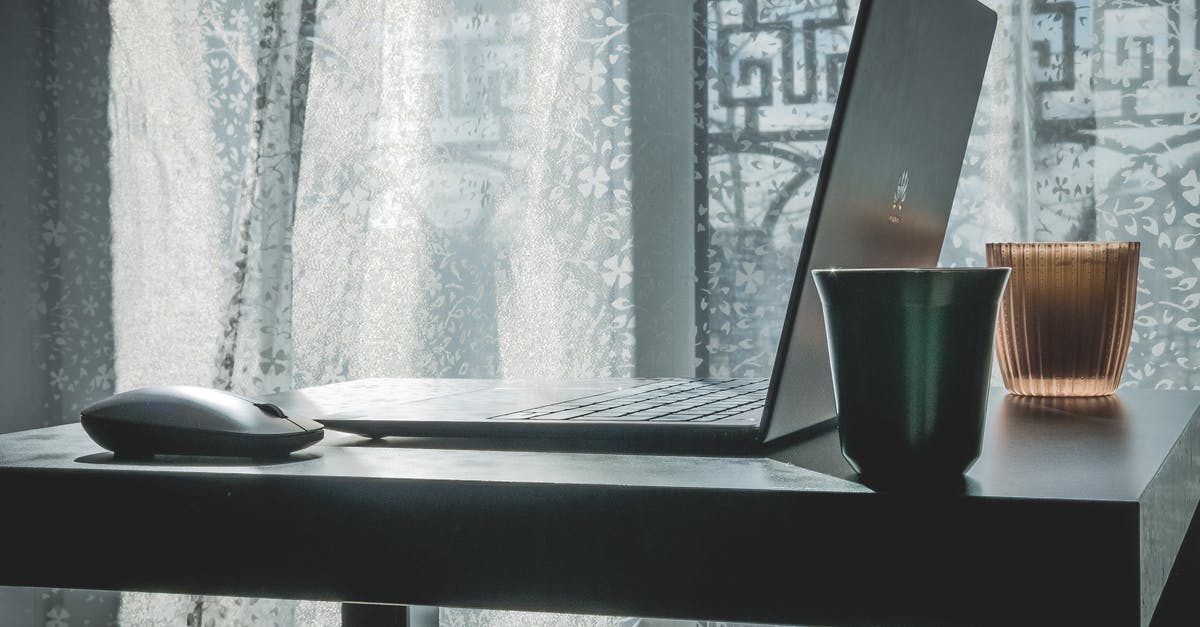Can I use a Wii MotionPlus remote as a mouse in Windows 10?

I have a Toshiba Satellite notebook, running Windows 10, with an integrated Bluetooth dongle that connects to the Wii MotionPlus remote. It displays as a paired device, labeled "Nintendo RVL-CNT-01-TR".
How do I go about using my MotionPlus remote as a mouse?
I've searched around for a while now, and it's tough to narrow down a legitimate solution that doesn't include risk of malware, adware or other viruses.
Best Answer
You'll need a combination of sensor bar and Bluetooth adaptor, like the one mentioned here: dolphin-emu.org/blog/2014/08/23/dolphinbar-review/
As for a specific program to use on Windows to make it work like a mouse, Instructables has these instructions:
- Get a Wiimote (of course); WiiMotionPlus (actually is built into some new Wiimotes!); Bluetooth (either an adapter or built-in); the Glove_Pie and custom Wiimote program, and a Wii Nunchuk.
Note: If the
.PIEfiles are downloaded as.TMPs, you'll need to download them in Internet Explorer and copy the text into Glove_PIE. - First, download the files from step 1 (no viruses, I promise!) and open the Win-Zip file. Save all the contents to your computer. Run the Glove_Pie application. Save the WiiMotionPlus Mouse file to your computer and open it with Glove_Pie.
- Connect the WiiMotionPlus and Nunchuk to the Wiimote. Next, open your Bluetooth software. On Windows Vista and newer, just type "Bluetooth" in the start menu search bar. Click on "Bluetooth Devices". Press 1 and 2 together on your Wiimote and click "Add New Device". Keep pressing 1 and 2 until your computer lists the Wiimote as a device to install. Select the device. At the next screen, click "Don't Use Passkey" and hit "Next". Your computer will install the Wiimote as a usable device.
- Once the Wiimote is connected, open the Glove_Pie program and place the Wiimote flat on your work surface. Hit 1 and 2 on the Wiimote and click "Run" on Glove_Pie. The 1 and 4 lights on the Wiimote should light up. Once the 2 and 3 lights are lit, it is ready to use.
Ignore what Glove_Pie says about the controls. Instead:
- Hold B and move the remote to move the cursor.
- A is left click.
- + is right click.
- - is Esc.
- Home opens the Start Menu
- 1 is Space
- 2 is Enter
- The Nunchuk control stick acts as the arrow keys.
Check the Instructables link for updates.
Pictures about "Can I use a Wii MotionPlus remote as a mouse in Windows 10?"



How do I use my Wii Remote as a mouse with Windows 10?
The Wii Remote was designed exclusively for the Nintendo Wii. Using a bluetooth adapter with BlueSoleil software, however, you can connect your Wii Remote to a computer running Windows and use it as a mouse. A third party program called GlovePIE allows the Wii Remote to input information to your computer.TUTORIAL: How to Enable Wii Motion Plus on Dolphin Emulator
More answers regarding can I use a Wii MotionPlus remote as a mouse in Windows 10?
Answer 2
This is now possible natively and directly with WiimoteHook: Feature description post
Basically after the application sets up press "M" in console to turn it on.
Wiimote A is "left click", B right, DPad-Down centers to screen.
It's configurable with a .config file
Sources: Stack Exchange - This article follows the attribution requirements of Stack Exchange and is licensed under CC BY-SA 3.0.
Images: Julia Khalimova, Andrea Piacquadio, George Milton, Sora Shimazaki
